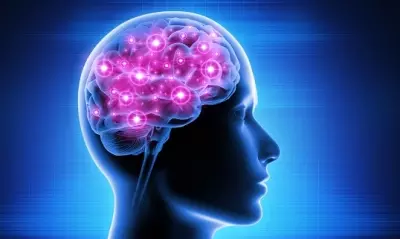
Researchers construct artificial connections to restore damaged nervous systems
text_fieldsScientists from Israel and the US have developed a method of repairing damaged nervous systems with artificial connections, the Hebrew University of Jerusalem reports.
Xinhua reports that damage to the brain caused by accidents, strokes, or diseases can negatively affect vision, movement, speech, memory, and cognitive function because of lost neurons.
Cell Systems journal showed that by biologically implanting artificial communication networks to damaged nerve cells.
Researchers from the university and Fred Hutchinson Cancer Research Center in Seattle were able to restore communications between damaged nerve cells with genetic methods.
Contrary to expensive electrodes, computers and robots currently used to bypass brain and spinal cord injuries, the new method doesn't require any complex external devices for the patient.
By implanting artificial synapses based on a synaptic protein in the neurons, the team successfully demonstrated their method on worms with damaged nervous systems.
In this way, they restored the flow of information in the neural networks of the worms using a "synaptic bypass."
Apparently, the treated worms had higher performance than healthy worms due to a rerouting of the information within the neural network, and an amplification of weak signals from the artificial synapses, according to the researchers.
"This innovative approach can be translated into genetic treatment of humans, without the need for electronic device," the researchers concluded.























